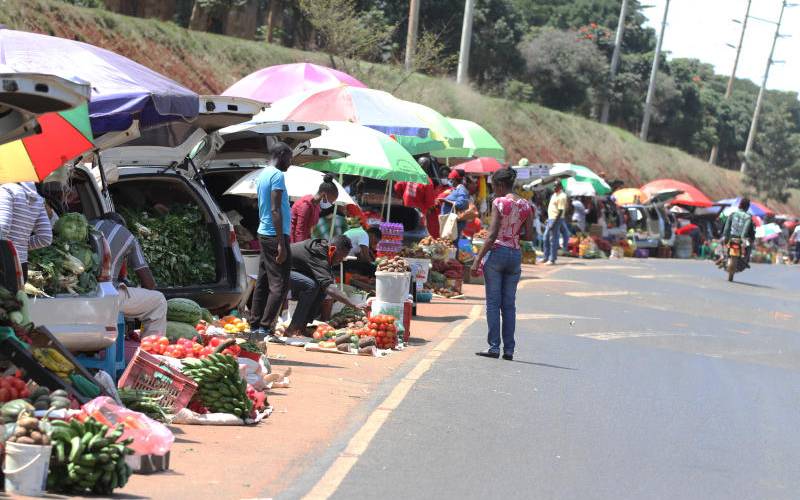×
The Standard e-Paper
Home To Bold Columnists

The 2022 General Election is upon us. The official campaign period has started and thousands of Kenyans are seeking various elective positions.
The numbers running show a huge increase from a few cycles back, an indicator of aspiration to serve the public, and an appetite for political power and perks.